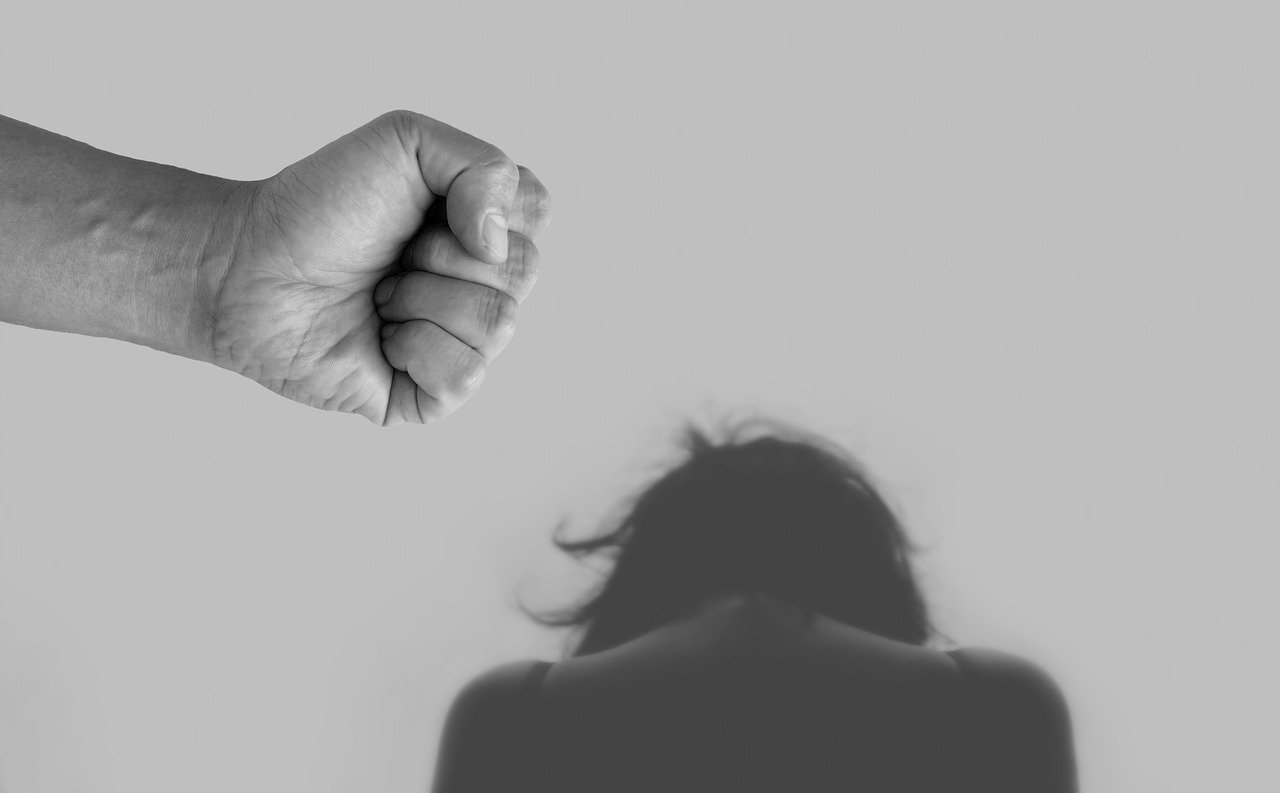MAIN IMAGE: Domestic violence cases have increased across the world since the start of coronavirus restrictions. SOURCE: Tumisu on Pixabay
By Ainsley Ash
With at least a third of the world’s population on coronavirus lockdown, many women and children are at home, safe from the virus, but find themselves in more immediate danger of domestic violence.
“For many women and girls, the threat looms largest where they should be safest — in their own homes,” United Nations Secretary-General António Guterres said earlier this month, during an address in which he urged governments to address the “horrifying surge” in domestic violence.
Argentina has seen emergency calls for domestic violence cases increase by 25% since the beginning of their 20 March lockdown, reports The Guardian. In Italy, advocates have said that calls have sharply decreased, but they have seen a massive increase in texts and emails.
After lockdown was implemented in the Chinese province Hubei, reports of domestic violence in a single county in February tripled compared to a year ago, according to the Globe and Mail.
The UK’s largest domestic abuse charity, Refuge, has reported a 700% increase in calls to its helpline in a single day, reports The Guardian.
“It happens in all crisis situations,” Marcy Hersh, a senior manager for international humanitarian advocacy at Women Deliver said to The Guardian. “What we worry about is just as rates of violence are on the rise, the accessibility of services and the ability of women to access these services will decrease. This is a real challenge.”
Some countries have responded by adjusting the restriction of movement in cases of abuse.
In Spain, the government has told women that, despite rigid lockdown rules, they will not be fined for breaking them if they are leaving home to report abuse.
The UK government has developed an app called “Bright Sky” to discreetly provide information and support to victims while also promoting the #YouAreNotAlone hashtag on social media.
In South Africa, a country with already high rates of gender-based violence, resources are being stretched thin. Since the beginning of the lockdown, 148 people have been charged with crimes of gender-based violence. The national police hotline for gender-based violence reports received 2,300 calls in the first week of lockdown.
“Domestic violence shelters in South Africa are reaching capacity or are unable to take new victims due to lockdown and social distancing measures. In other cases, they are being re-purposed to serve as health centres,” Tina Thiart, a founding member of 1000 Women Trust, told Independent Online,
President Cyril Ramaphosa wrote an open letter to the nation on Monday, addressing the increase in violence.
“It is disturbing that during a time of such immense difficulty for our country, women and girls are being terrorised inside their own homes, forcing them to make desperate calls for help,” Ramaphosa wrote.
He said the Interim Steering Committee on Gender-Based Violence and Femicide wasconsulting with civil society organizations to develop guidelines to address gender based violence during Covid-19.
He expressed condolences to the families of individual victims of gender-based violence.




